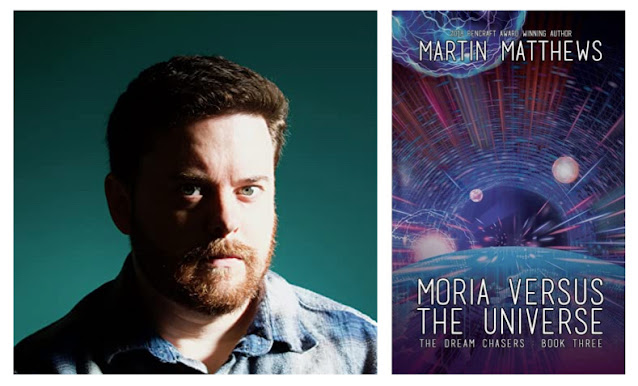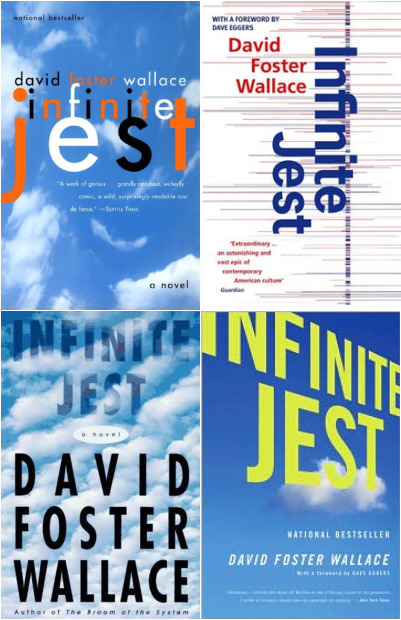Martin Matthews is the author of four published novels, including The Dream Chasers trilogy and the Pencraft Award-winning The Graveyard Girl and the Boneyard Boy. The final book of his trilogy, Moria Versus the Universe, was just released in November 2021. Martin is a friend of mine (Chris) and we have had numerous discussions over the years about writing, the creative process, God, grief, not feeling like we belong anywhere, being consummate curmudgeons, politics, and schmolitics. Our conversation for this episode continues in that line, though here he goes into detail about the world building of his trilogy of novels, how it is a meditation on the possible future of humanity, and why exactly Stephen King is an utter failure (you heard it here first!). Martin came along in my life at a particularly pivotal moment. I was transitioning out of a job and had no idea where I was going. As our friendship formed he offered me a lot of encouragement and the simple excitement of talking with someone about writing, creativity, and all the ideas that fill our heads. For that I will always be grateful.
You can discover more about Martin at his website: https://martinmatthewswrites.com/ or purchase his books through his Amazon author page.
Ep 15: Mike Foster Tolkien Scholar and Author
Ep 79: Dr. Michael Ward on C.S. Lewis, Paganism, and Christmas
Ep 69: Ex Mormon Ministry Found Lynn Wilder
Ep 68: E. Byron Anderson on his book Common Worship
Ep 62: Stephen Backhouse on the Life of Kierkegaard
Ep 45: Religion and Philosophy Professor Brooks McDaniel








